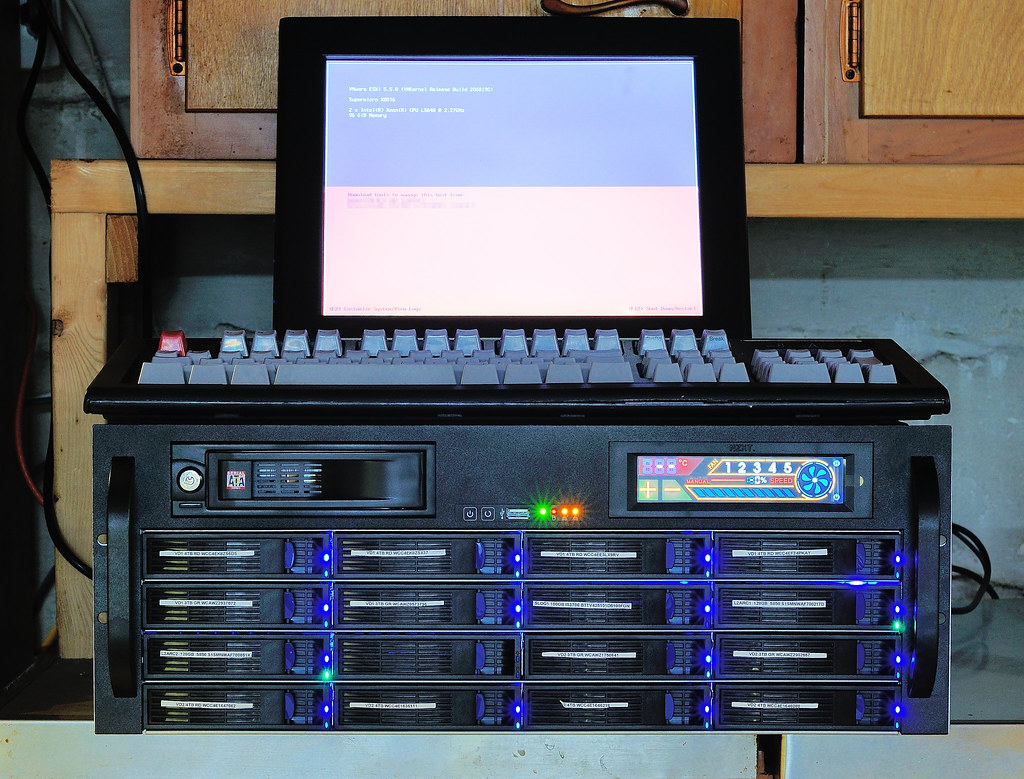Nenu
[H]ardened
- Joined
- Apr 28, 2007
- Messages
- 20,315
Yep, each M.2 slot uses up the PCIE-E lanes for 2 SATA ports!
They need to mount flat to the motherbaord without impacting other heat sensitive components.
There arent many places to fit one without extending the motherboard size.
Its not a good place to mount one anyway, they get hot and only get cooled on one surface which restricts overall airflow too.
PCI-E cards are better as they dont steal SATA ports, but you have to balance that with lanes to gfx cards.
Some backup software doesnt like PCI-E card drivers.
They need to mount flat to the motherbaord without impacting other heat sensitive components.
There arent many places to fit one without extending the motherboard size.
Its not a good place to mount one anyway, they get hot and only get cooled on one surface which restricts overall airflow too.
PCI-E cards are better as they dont steal SATA ports, but you have to balance that with lanes to gfx cards.
Some backup software doesnt like PCI-E card drivers.
![[H]ard|Forum](/styles/hardforum/xenforo/logo_dark.png)
